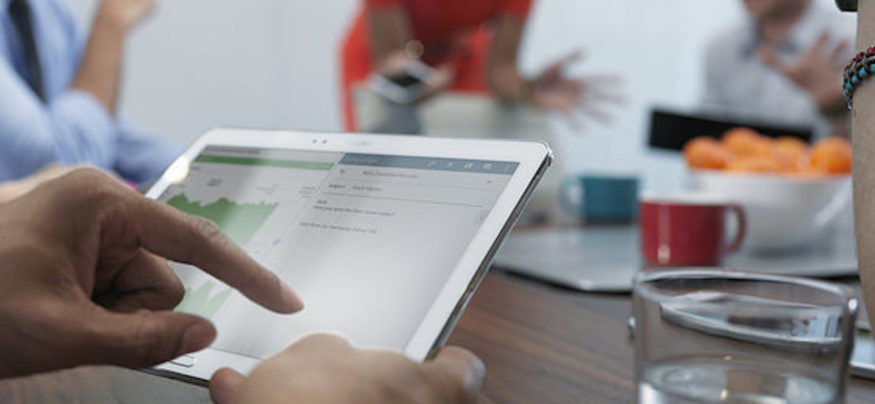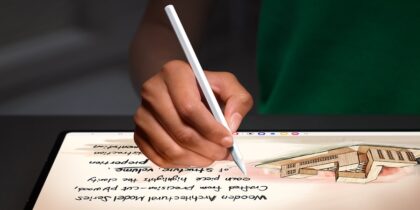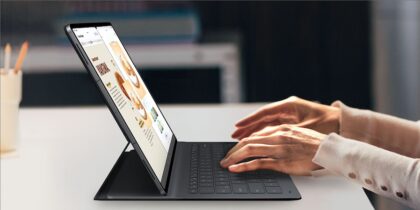Within the last decade tablets have achieved considerable consumer acceptance. Now, demand for tablet technology has taken off, growing at a higher rate than any other computing device. Tablets and smartphones will be the device of choice for more than 50 percent of online users by 2018, according to a 2014 report from Gartner.
This boom is spilling over into the workplace. Increasingly, employees are demanding to use their own devices on the job, most commonly smartphones and tablets. When laptops first became commonplace in organizations, employees were freed from the shackles of desks, able to work remotely and at the time of their choosing. Now, according to research from Frost & Sullivan, just 45 percent of employees work regularly in a traditional office. Many workers cite productivity improvements due to increased mobility and connectivity, since users can access network resources wherever there is a suitable connection.
Tablets Are Transforming How Government Works from Samsung Business USA
Boosting Productivity Through Mobile-First Policies
According to Frost & Sullivan, 61 percent of government employees in the U.S. use tablets daily. Because tablets are convenient, flexible and greatly boost productivity, industry leaders are implementing mobile-first policies in the workplace. Whereas many conference rooms and workspaces still have wired connections, Gartner predicts that by 2018, 40 percent of organizations will transition to Wi-Fi as the default connection type for all enterprise devices, making tablet use opportune. Wired connections are quickly becoming obsolete, preserving office budgets by eliminating cable setup and maintenance, especially during reconfigurations. This also gives workers the freedom to move around at will without having to look for wall ports.
Mobile-first policies will also drive greater investment in remote and virtual workforce applications, especially subscription-based cloud solutions. This further reduces costs and the need to manage multiple application licenses, saving valuable time in the process. Samsung partnered with Copper Mobile to create the Enterprise Mobile Productivity Suite, a set of solutions that allow employees to optimize workflows and manage the information from their devices.
Protecting Against Cyberthreats With Mobile Security
To fully embrace the transformational power of tablet technology, organizations should ensure that they have adequate security in place, minimizing the risk of inappropriate access to sensitive information and especially data loss. With many individuals choosing Android™ tablets, technologies such as Samsung KNOX provide security and containerization, which keeps business and personal data separate on the device. This enables an organization to better manage and protect corporate information on an employee’s tablet without impinging on personal user data.
Mobile device management (MDM) is another technology receiving attention. It provides organizations with the ability to control settings and protect data on mobile devices in order to reduce support costs and boost security. In offices with a bring-your-own-device policy, employees can be required to enroll their smartphones and tablets in the MDM program. According to Frost & Sullivan, MDM is critical for organizations wishing to ensure employees can be productive on any device.
The convenience of tablet technology, along with increasing use of smartphones, is something that no organization should ignore. Users are demanding that they be able to work in a manner that suits them, using the device of their choice. Mobile-first policies with proper business solutions reduce support costs and allow for improved productivity from a more satisfied workforce. Organizations resisting change will soon find themselves outpaced by their competitors.
Wondering if a tablet-centric work environment is right for your enterprise? Check out the complete line of Samsung Galaxy tablets, including the powerful Samsung Galaxy Tab® A.








